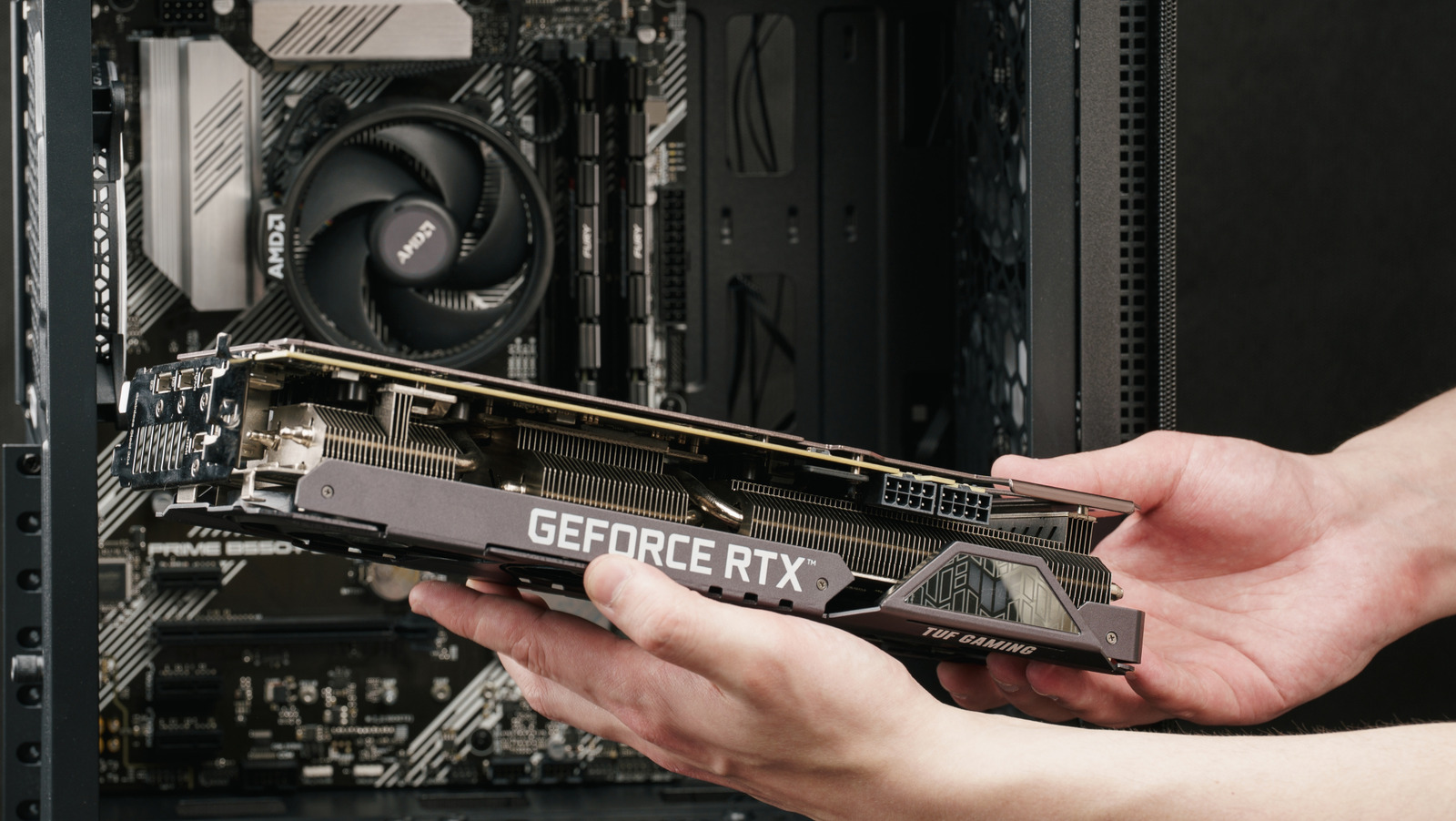Copyright OilPrice

Concern has been rising that artificial intelligence is killing jobs, and there is evidence to support this. But in the energy industry, executives are loving AI. A fifth of energy companies are already using the technology, and an overwhelming majority of executives believe AI is a force for good. For energy, it has been. AI is driving energy demand much higher than ever before, and it has reasserted the reliability of supply as a top priority. In a report released this week, the UAE’s ADNOC and Microsoft reported that 87% of companies they surveyed are spending more on artificial intelligence and digital infrastructure. What’s more, a fifth of these companies are now using agentic AI, capable of making complex decisions. “But agentic AI is more than a technical upgrade, it’s a signal that AI is becoming a strategic capability across the energy value chain,” ADNOC and Microsoft reported. Survey respondents in China and India were especially positive towards artificial intelligence, the report reveals. All Chinese respondents viewed AI as a force for good, along with 92% of Indian respondents. The rest of the world also demonstrated strong enthusiasm for AI, with positive attitudes in Australia and Japan at 87%, falling to 83% for the United States. As for expectations, everyone that ADNOC and Microsoft surveyed appears to be certain that the growing use of artificial intelligence would drive energy demand higher. To respond to this higher demand, the energy industry needs to start working now to ensure reliable, affordable, and—according to the report—sustainable energy supply for the future. “Grid capacity remains a potential bottleneck to expanding the digital infrastructure supporting AI,” the authors of the report wrote. “Global data centers account for around 1.5% of the world’s electricity consumption and could double by 2030 to 945 TWh1. This represents approximately 10% of total global electricity demand growth, requiring both new generation and better use of existing assets.” The energy consumption aspect of artificial intelligence has prompted serious concerns from climate change advocacy circles, as it has spurred a race to secure baseload power generation capacity, meaning gas, coal, and nuclear. Some from the industry, however, believe that AI itself is instrumental for the energy transition by helping transform the grid and improve power generation and distribution, while keeping energy affordable. “From optimising grids to scientific breakthroughs, AI can help advance the shift to reliable, affordable renewable energy - unlocking the full potential of AI to benefit everyone,” OpenAI’s VP of Global Business, Nate Harbacek, who was among the respondents to the Adnoc/Microsoft survey, said. This ambition to have AI make alternative energy sources as reliable as baseload generation is not new. So far, however, it seems to have taken the form of so-called demand response only. This means that because wind and solar installations cannot generate around the clock, consumers of electricity need to adjust their consumption habits to match generation patterns. Of course, these are the early days of the Intelligence Age, as OpenAI’s Harbacek calls it, and industries may yet find other, less controversial ways to ensure reliable and affordable energy for everyone. In the meantime, the energy industry is eager to supply the energy that the AI industry needs. According to the survey, 71% of business executives believe AI proliferation would lead to an increase in global energy consumption in 2030. A minority of 12% believe it would actually lead to a decline in global energy consumption, which at this point is a rather eccentric view. Over a longer horizon, however, more business leaders believe AI would lead to lower energy consumption, with 27% of respondents sharing this belief. Still, a majority of 54% believe that even in 2050, AI will be a drain on energy. This is good news for the industry to which ADNOC and many of the respondents to its survey belong. In fact, ADNOC and sector players in the Middle East are helping the AI industry grow by investing in it directly. Bloomberg reported on the trend this week, saying the Emirati state oil company, along with Aramco, were “ramping up work with their countries’ national AI champions, using petrodollars to meet the growing need for capital in the race to lead the technology.” For energy producers, this is akin to securing long-term supply deals with refiners, so chances are that there will be more petrodollars flowing into artificial intelligence projects going forward. Per the respondents to the ADNOC/Microsoft report, it will be money well spent: AI seems to be almost too good to be true, being equally good at boosting operating efficiencies, keeping a lid on costs, and helping with emission monitoring and reduction. The main challenge on the road to the Intelligence Age seems to be a shortage of a skilled workforce to make the best of AI’s capabilities. By Irina Slav for Oilprice.com More Top Reads From Oilprice.com Copper Soars to Record High on Supply Crunch and Brighter Outlook India Plans $11.3 Billion Bailout for State Power Firms Japan Tells Trump Tokyo Will Struggle to Ban Russian LNG Imports



